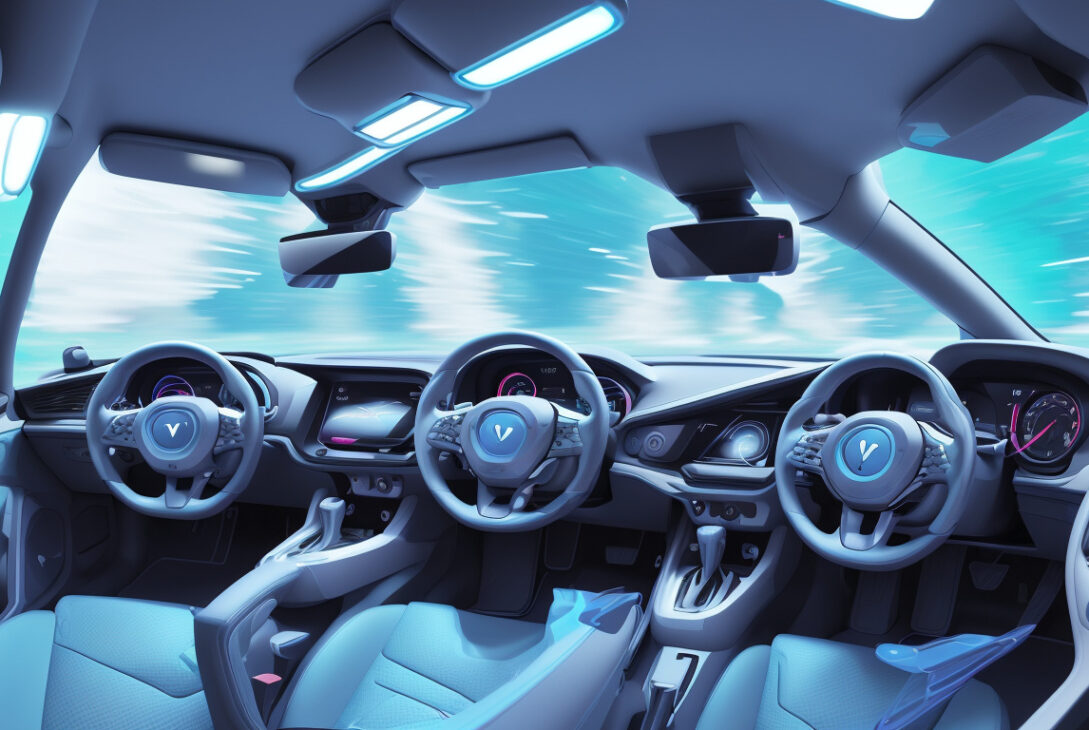Virtual Reality Technology Aims to Boost Confidence for Autistic Drivers
A new research project involving the University of Bath and the University of Exeter is pioneering the use of virtual reality (VR) to help autistic individuals build confidence in driving. Many autistic people experience heightened anxiety that can make driving, especially alone, a daunting challenge.
Addressing Anxiety Behind the Wheel
Sophy Tyler, 29, from Bath, was diagnosed with autism during her teenage years. Although she successfully passed her driving test at 21, she admits she never felt confident enough to drive independently. "I found the idea of driving without an instructor really scary," she said.
This sentiment is common among the autistic community. According to Dr. Tom Arthur of the University of Exeter, who leads the two-year research initiative, autistic individuals often face significant anxiety and sensory sensitivities that make driving particularly stressful. "By focusing on real-world driving challenges and barriers, we hope this project will help promote independence," Dr. Arthur explained.
Harnessing Extended Reality for Learning
The project explores using extended reality technologies—including virtual and augmented reality—to simulate driving experiences in a safe, controlled environment before individuals get behind the wheel of a real car. This approach allows users to practice at their own pace and learn from mistakes without real-world consequences.
Professor Mark Brosnan from the University of Bath noted that driving has long been a pressing issue within the autistic community. He highlighted difficulties such as sensory overload and challenges interpreting social cues—like reading other drivers’ behaviors or navigating junctions with an instructor beside them. "We want to develop technology to help autistic people overcome some of these challenges," he said.
The research team is currently working closely with technology developers to design realistic driving simulations that can be accessed from home, offering a flexible and accessible learning tool.
Positive Early Feedback from Participants
Nineteen-year-old Maisie Hughes from Dursley, Gloucestershire, is among those taking part in the project. She has not yet felt ready to begin driving but is optimistic about how the use of VR might help. "It would give people the opportunity to learn to drive at their own pace and make mistakes that don’t really matter because it’s not real," Maisie commented.
The project is still in its early stages, and researchers are assessing whether the technology has a bigger impact when used before solo driving begins or as support afterward.
Looking Ahead
With ongoing development, this virtual reality initiative holds promise for empowering autistic individuals to overcome the barriers to driving, fostering greater independence and confidence on the roads.
For those interested, the University of Bath and University of Exeter are involved in this innovative research. The project reflects a growing trend toward using technology to support neurodiverse communities in practical aspects of daily life.
Follow BBC Bristol on Facebook, X, and Instagram for updates. To share your story ideas, contact the BBC via email or WhatsApp at 0800 313 4630.










